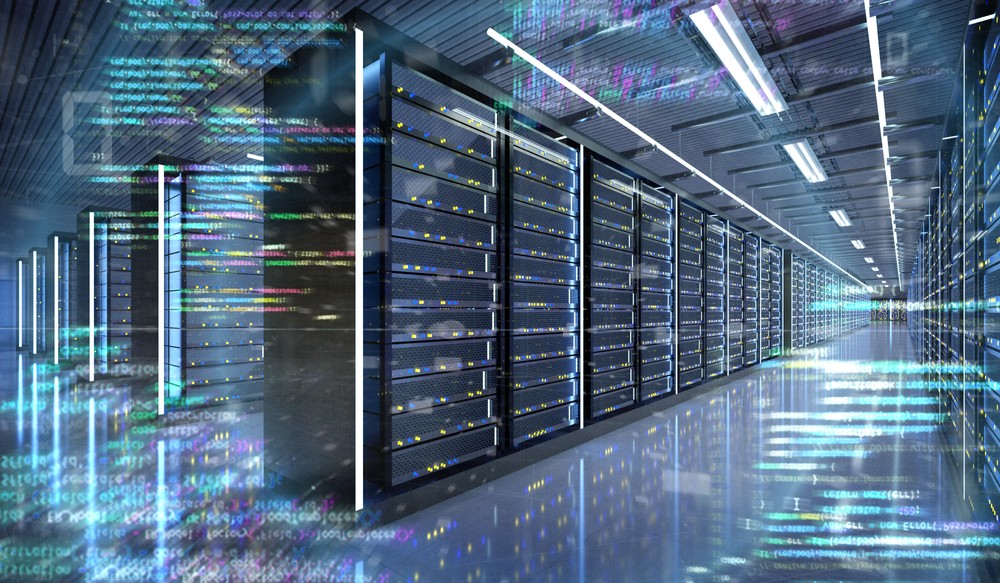Verne Global, provider of sustainable data center solutions for high intensity compute, has unveiled a range of sustainability metrics and targets that will provide its customers with complete transparency of the environmental impact of their data center operations.
During 2021, greenhouse gas emissions at the company’s Icelandic data center campus in Iceland were:
Scope 1: 37 tCO2e
Scope 2: 461 tCO2e
Scope 3: 76 tCO2e
Total: 574 tCO2e
This is equivalent to the carbon footprint of approximately 70 US homes’ energy for one year. In comparison, during the same period, Verne Global powered data center infrastructure and compute equivalent to more than 10,000 US homes’ electricity.
Verne Global will continue to report on its total emissions on an annual basis, including on its Scope 3 emissions, which are the result of activities outside of its own control and management, for example, travel to and from its campus in Iceland. Scope 3 emissions are rarely reported on by the data center industry. The company is calling on all operators to follow suit, to provide customers with a better understanding of the environmental impact of their operations.
Verne Global has also disclosed tough targets not just for Power Usage Effectiveness (PUE) but also for Water Usage Effectiveness (WUE) and Carbon Usage Effectiveness (CUE). All future development will meet or exceed these targets.
Verne Global Sustainability Targets
PUE: 1.15
WUE: 0.002 m3/kWh
CUE: 0.00
“We’re releasing this information not just because our numbers are favourable in comparison to other data centers, but because it’s time the industry came clean about its impact on the environment,” said Dominic Ward, CEO, Verne Global. “While it’s certainly true that the whole industry has made massive progress over recent years, operators are ignoring many of the metrics that matter, while some rely on power purchase agreements that allow them to say they’re green even when they’re drawing power from dirty grids. More transparency will benefit the industry, its customers and the planet.”
To offset its total emissions, Verne Global has entered into an agreement with Votlendis Sjóður, the Icelandic wetland restoration fund that is rewilding huge areas of Iceland.




